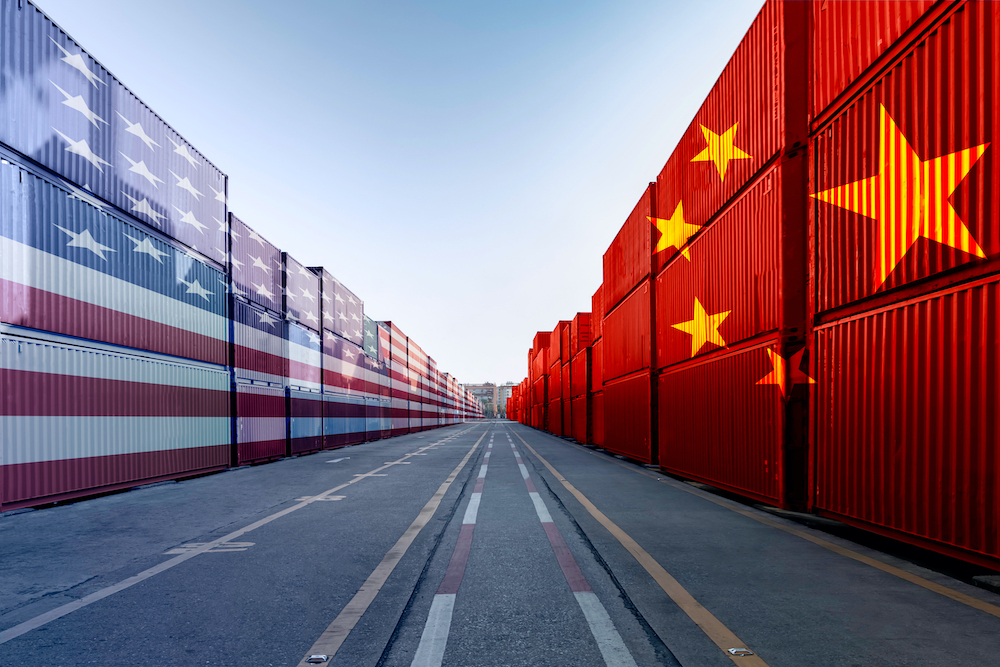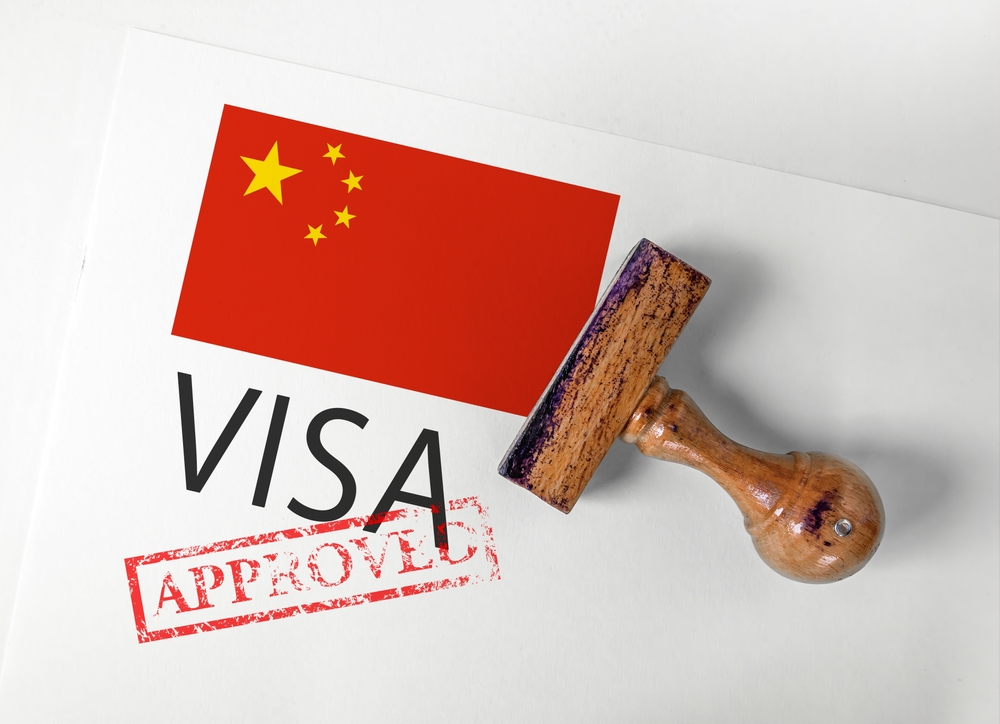The meetings industry is firmly in the era of the Knowledge Economy, where “knowledge cities” are leading the way. At one time, destinations would have relied on the trade of goods and commodities (coal or fish, bonds or wheat, or plain old tourism) but now knowledge is becoming the sought-after commodity. And that commodity is being pooled and exchanged at conferences.
Convention bureaus and association organisers are finally getting the message through to forward-thinking city leaders that conferences and business events have a beneficial economic impact on their communities.
That is certainly coming to light in Melbourne with its Club Ambassador programme involving 132 elite academics and thinkers involved in promoting the city as a conference and business events destination. Club Melbourne celebrated its tenth anniversary in 2015, a year that saw more than 100 events brought to Melbourne as a result of the combined efforts of city leaders, local university research leaders and businesses.
For Melbourne, the efforts saw the hosting of World Aids Conference in 2014, which brought 13,000 delegates and paved the way for the World Immunology Conference in August. Collaboration with experts in other fields secured the Intelligent Transport Systems World Congress in October, which is expected to see 5,000 delegates.
Elsewhere in Australia, Brisbane Marketing and the city’s convention centre have developed strong links with their local medical research institute to create an ambassador’s programme that likewise attracts international conferences.
An extension at Adelaide Convention Centre is primed to facilitate larger association conferences, many of which will already have been impressed by the nearby Sahmri (South Australia Health & Medical Research Institute) precinct, an institution that will play a vital role in attracting international events to Adelaide.
Sydney will soon be renewing its mark on the knowledge era. When ICC Sydney opens in December 2016, links will already have been established with the nearby university of science and technology and local insitutions for marine research and – further inland – economics and finance.
Knowledge exchange has a more crucial role than simply promoting a city and attracting high-spending delegates. When applied, the knowledge extends to defeating and preventing disease. This was brought to light when members of the international meetings media visited the Peter Doherty Institute for Infection and Immunity. The Melbourne Convention & Exhibition Bureau tour also included a visit to a new cancer research and treatment centre soon to open in the same medical precinct. This Biomedical Precinct clusters expertise ranging from bionics and neurology to immunology and cancer research, and is one of Melbourne’s three knowledge precincts.
Medical researchers have longed for a global knowledge village where the mutual sharing of information comes naturally. The ideal has always been there, but the limits have come in the form of time zones, distances and geopolitical barriers. Though scientists have always found a way of reaching out to each other, it was the advent of association conferences that encouraged more academic exchanges.
The ideals of the meetings industry have in no small way inspired these growing links. It is up to other cities to ally with local experts in medicine, science, engineering and other fields to bring cutting-edge research to an international level. This will result in their destinations reaping the economic dividends brought about by quality conference visitors.


